Palestinian journalist was killed in 'targeted attack' by Israeli forces: Report
New evidence confirms that Palestinian journalist Shireen Abu Akleh was killed by targeted Israeli gunfire, two weeks after the veteran scribe tragically lost her life during an Israeli raid in the occupied West Bank city of Jenin.
Abu Akleh, a reporter for the Qatar-based Al Jazeera network's Arabic service, was shot in the head by trigger-happy Israeli forces on May 11, while she was standing with a group of journalists near the entrance of Jenin refugee camp, reporting on an Israeli raid on the camp.
An investigative report by CNN published on Tuesday revealed that Abu Akleh was intentionally killed by targeted Israeli fire.
The report is based on 11 videos of the incident at the Jenin refugee camp taken earlier this month, forensic findings, sound analysis of the gunshots and the testimonies by at least eight eyewitnesses.
Abu Akleh’s tragic death sent shock waves across the region, drawing global condemnation. The United Nations and the European Union, among others, called for a full investigation into what has been described as a deliberate murder “in cold blood.”
The Israeli regime initially made an offer of joint probe into the killing but later it withdrew the offer fearing backlash at home.
On Monday, Israel’s Military Advocate Yifat Tomer-Yerushalmi said in a statement that “given that Ms Abu Akleh was killed in the midst of an active combat zone, there can be no immediate suspicion of criminal activity absent further evidence.”
She noted that the Tel Aviv regime does not yet know whether the journalist was killed by stray Palestinian gunfire or by an Israeli bullet aimed at an armed Palestinian, meaning that she does not consider the intentionally targeting Abu Akleh by Israeli troopers even as a possibility.
However, CNN report strongly suggests that intentionally targeting Abu Akleh by Israeli soldiers is the real account of what happened on May 11.
Explosive weapons expert Christ Cobb-Smith, who assessed the markings left on the tree behind Abu Akleh, told CNN that he is determined that she was killed by discrete shots – not a burst of automatic gunfire.
“From the strike marks on the tree, it appears that the shots, one of which hit Shireen, came from down the street from the direction of” the Israeli military troops, said Cobb-Smith, who is a security consultant and British army veteran.
“The relatively tight grouping of the rounds indicates Shireen was intentionally targeted with aimed shots and not the victim of random or stray fire,” he stressed.
While the Tel Aviv regime claims that Abu Akleh was killed as she was caught in the crossfire, the CNN’s investigative report determined that there was no shootout prior to the specific shooting incident.
It further determined that the fire came from a group of armored Israeli vehicles, which were stationed several hundred meters from where Abu Akleh was gunned down. The vehicles also appeared in the investigation by the Israeli army into the shooting, as well as in videos of the incident circulated by the army.
“In one 16-minute cell phone video shared with CNN, the man filming walks toward the spot where the journalists had gathered, zooming in on the Israeli armored vehicles parked in the distance, and says: ‘Look at the snipers.’ Then, when a teenager peers tentatively up the street, he shouts: ‘Don't kid around ... you think it's a joke? We don't want to die. We want to live,’” the report further read.
Furthermore, CNN cited one of the interviewed eyewitnesses, a 16-year-old, who was among the group of men and boys on the street at the time of the incident, as saying that there were “no shots fired, no stone throwing, nothing,” before Abu Akleh was shot.
He also shared a video with CNN, filmed at 6:36 a.m., just after the journalists rushed for the hospital, which showed the five Israeli army vehicles driving slowly past the spot where Abu Akleh died. The convoy then turns left before leaving the camp via the roundabout.
Following the incident, the Israeli army asked the Palestinian Authority to hand over the bullet that killed Abu Akleh to Israeli authorities for investigation. The Palestinian president refused to do so, stressing that the regime cannot be trusted.
The CNN report stressed that “even without access to the bullet that hit Abu Akleh, there are ways to determine who killed Abu Akleh by analyzing the type of gunfire, the sound of the shots and the marks left by the bullets at the scene.”
“The number of strike marks on the tree where Shireen was standing proves this wasn't a random shot, she was targeted,”" Cobb-Smith further told CNN.
Eyewitnesses and journalists who were with Abu Akleh on the day she was shot described the shooting as a “deliberate attempt” to kill journalists.
Shatha Hanaysha, a news correspondent and an eyewitness to the shootings, said they were not caught up in crossfire with Palestinian fighters like the Israeli army claimed, stressing, “It was an Israeli sniper” that shot at them.
“We made ourselves visible to the soldiers who were stationed hundreds of meters away from us. We remained still for around 10 minutes to make sure they knew we were there as journalists,” she wrote in a blow-by-blow account of the shooting incident.
As no warning shots were fired, the journalists, all wearing press helmet and body armor, felt safe enough to move towards the camp, Hanaysha further said. However, “Out of nowhere, we heard the first gunshot.”
Soon after the incident, Israeli Prime Minister Naftali Bennett also claimed at first that “it appears likely that armed Palestinians — who were firing indiscriminately at the time — were responsible for the unfortunate death of the journalist.”
However, the latest footage, which was filmed by a Jenin resident, shows quiet moments, with no sounds of fighting between Israeli forces and Palestinians, confirming that Abu Akleh was shot dead by Israeli snipers on purpose, and not accidentally by a stray bullet as Tomer-Yerushalmi trying to suggest.
More than 50 US lawmakers have so far called for an investigation into the crime as Tel Aviv is refusing to launch a probe.
Over 100 leading artists from across the world have also condemned Israel’s killing of Abu Akleh, demanding accountability for the regime’s crimes.
The International Criminal Court (ICC) has already opened an investigation into possible war crimes by Israel in both the occupied West Bank and the Gaza Strip. However, Israel does not recognize the court’s jurisdiction and has called the war crimes probe unfair and anti-Semitic.
Iran’s Dena destroyer docks in Indian port as Tehran, New Delhi discuss maritime security
Trump plans to establish 'massive' military base in southern Gaza: Report
NYT questions Trump’s justification for threatening war on Iran
VIDEO | Press TV's news headlines
Araghchi stresses efforts to draft negotiating text between Iran and US
Over 150 ex-diplomats slam French FM's 'disinformation’ about UN’s Albanese
Alawite women abducted and raped, others sold by Jolani's men: Report
Iran, China, Russia hold trilateral talks on Geneva nuclear negotiations


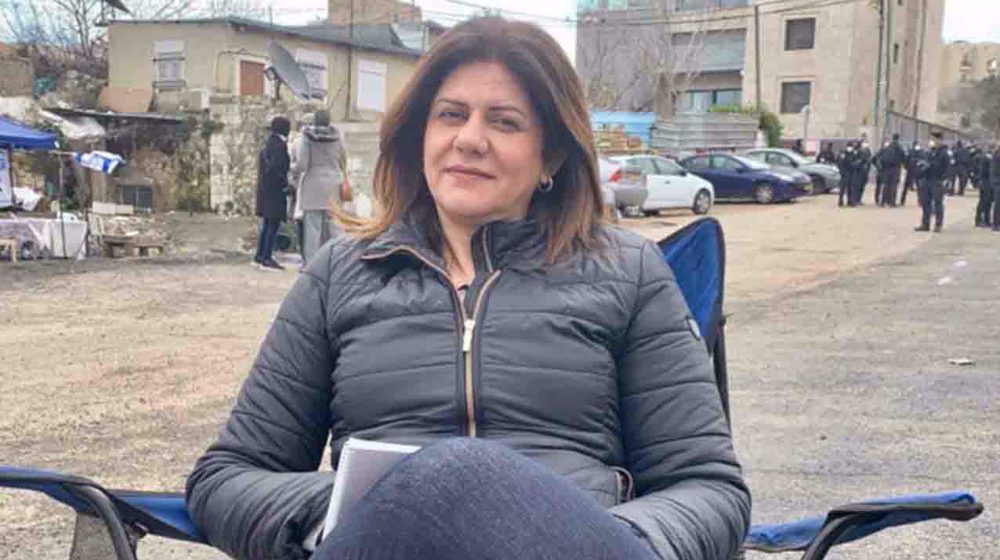
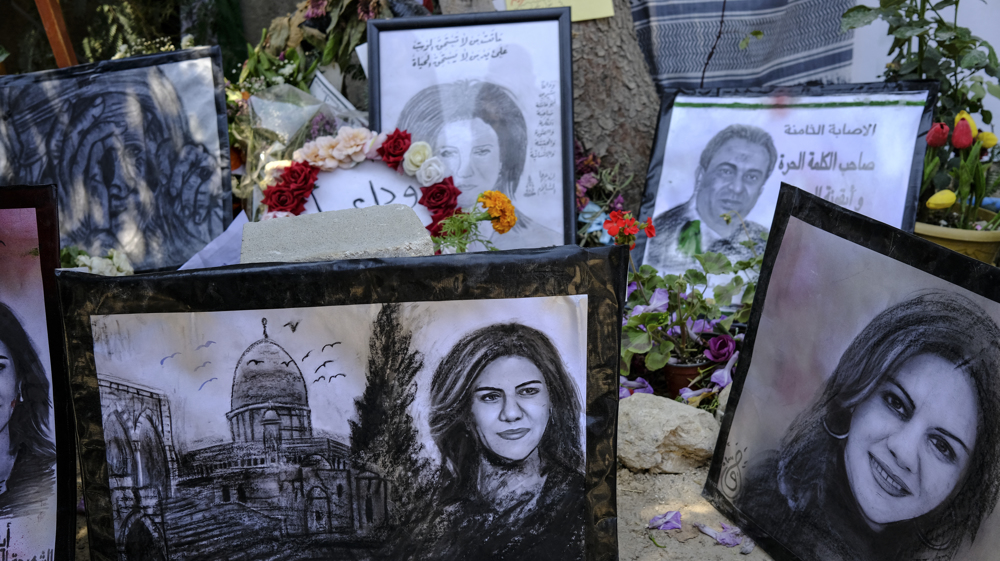
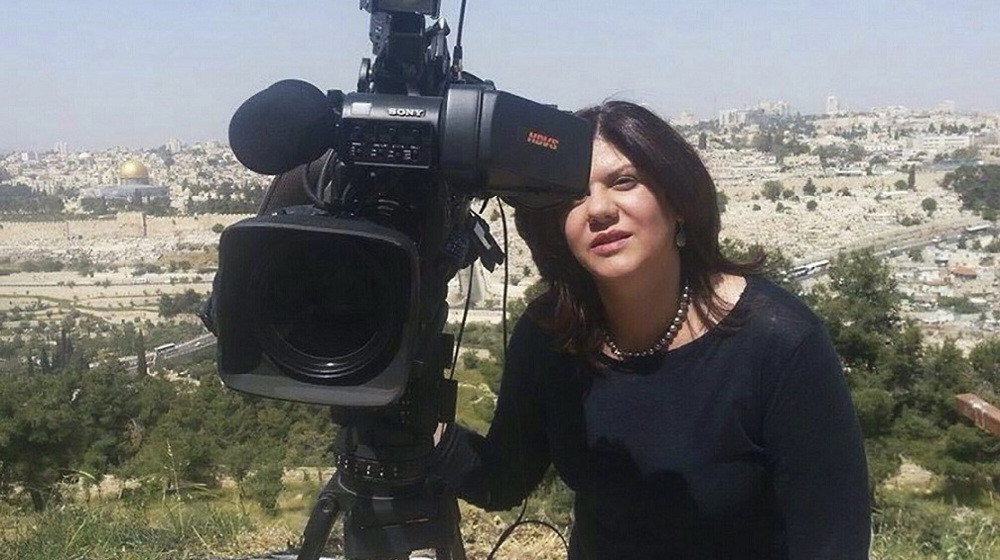

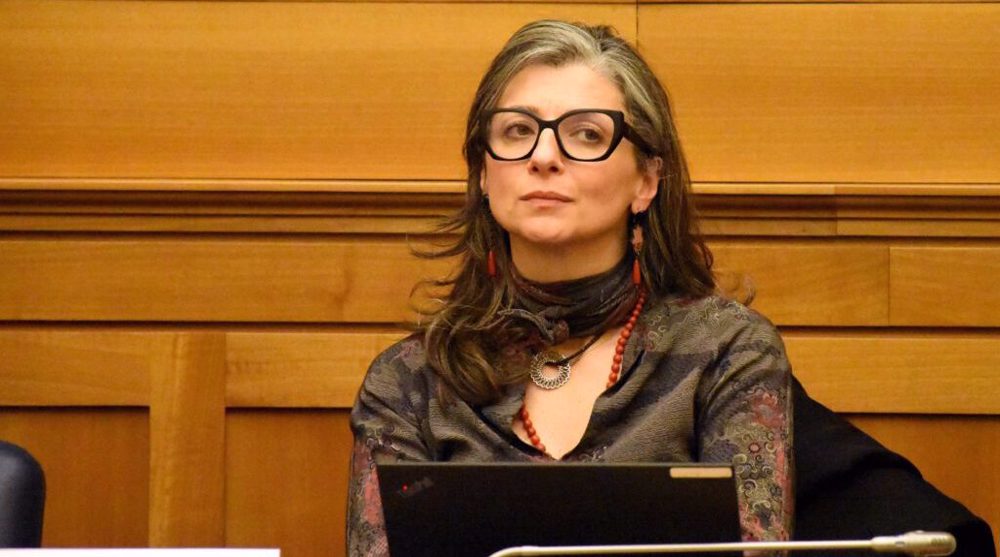
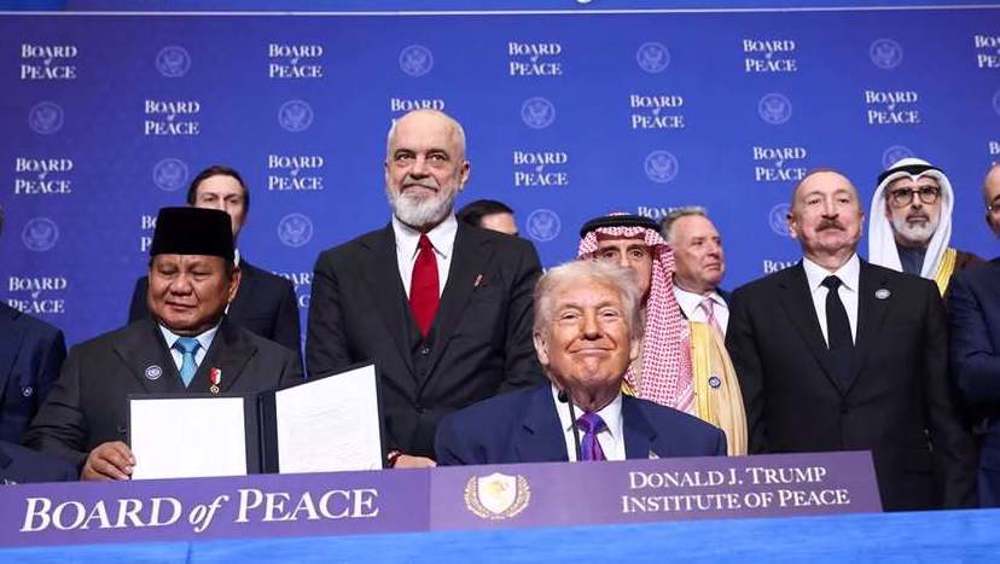




 This makes it easy to access the Press TV website
This makes it easy to access the Press TV website